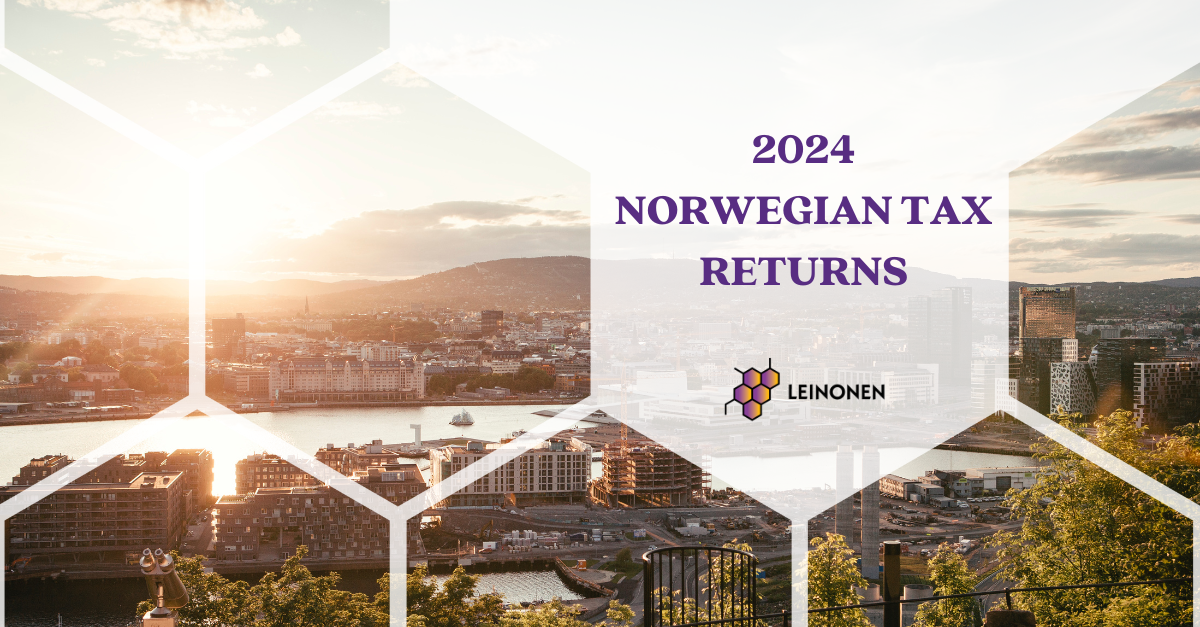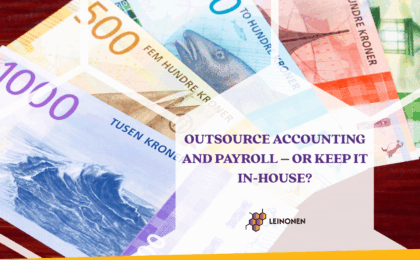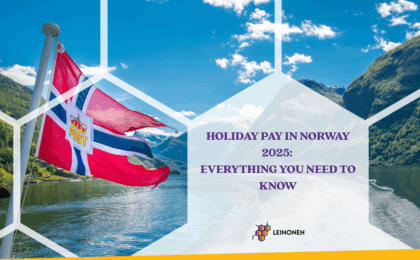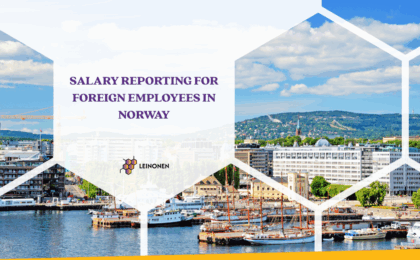With an effort to simplify tax filing procedures and enhance accuracy, the Norwegian Tax Administration has introduced a new tax return system for businesses effective from the next year. This innovative system, known as the “Tax return with business specification,” mandates companies like private limited companies, holding companies, ASAs, and NUFs to adopt an accounting program for their tax submissions.
Overview of the “Tax Return with Business Specification”
The “Tax return with business specification” supersedes the previous business report format. This new approach provides a comprehensive overview of a company’s activities, summarising total purchases and sales throughout the year. It serves as the foundation for taxation and is submitted alongside the tax return.
The most significant shift in the new tax return is the elimination of various business reports and supplementary forms, replaced by a business-specific overview attached to the tax return. Despite initial concerns, this new format emphasizes clarity by logically grouping related data, ensuring comprehensibility for users.
Benefits and Recommendations
The primary goal of this renewed tax return is to streamline the filing process while reducing errors. The integration with the Norwegian Tax Administration’s systems via accounting programs aims to minimize manual work, provide real-time feedback on inconsistencies or errors, and offer a preliminary tax assessment promptly.
Keeping in mind different company types, the implementation might not go so smoothly for everyone and a thorough pre-work is needed. For example, holding companies face slight differences in their tax return compared to regular private limited companies. While they typically don’t generate operational revenues, they are required to disclose their investments.
However, these variations in figures don’t affect the submission process or the regulations applicable to holding companies.
Preparation and Recommendations for 2024
Looking ahead to 2024, all companies must adopt to the new format for tax returns. The shift from RF-forms to theme-based tax reporting applies to various company types. For the upcoming year, notable changes include interest limitations for impersonal entities, new industry-specific specifications for transactions between related parties, and updated tax schemes for specific sectors like hydropower, shipping, petroleum, and cooperatives.
Companies can expect certain information to be pre-filled for the income year 2023, covering aspects like carry-forward losses, Norwegian securities, research and development details,
participant information for specific assessments, and production levy related to aquaculture. However, active decisions are necessary regarding the utilization of pre-filled information.
Preparing for the Transition
As mentioned before, good preparation is the key for a smooth transition to the new tax reporting system. Understanding the year-end system, learning about system functionalities, attending relevant courses or webinars, and ensuring system compatibility with your needs are crucial steps.
Also, early testing of the new tax reporting format using 2022 data can provide valuable insights. It’s essential to check for missing information, old adjustments, and run validations to address any potential errors. Improvements in error messages and validations are expected for a more user-friendly experience.
In summary, embracing these changes and properly preparing for the transition will ensure a smoother and more efficient tax filing process, benefitting businesses across Norway.
For most of company owners in Norway the change will force to buy an accounting software or pay for extra license for submitting of tax returns and annual accounts. These programs allow anybody to submit the necessary data, but in many cases who are not familiar with accounting, it would be reasonable to outsource the job from an accounting service partner.
In case of any questions, feel free to consult with Leinonen Norway´s team. Further contact details can be found HERE.





